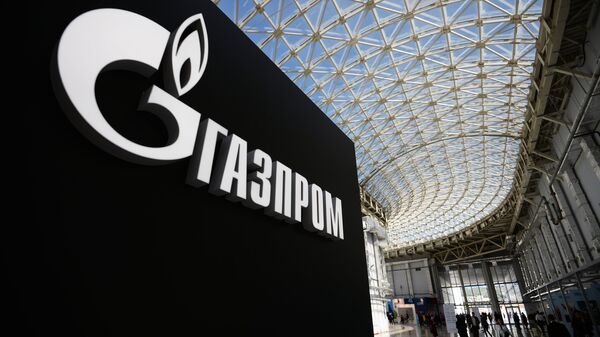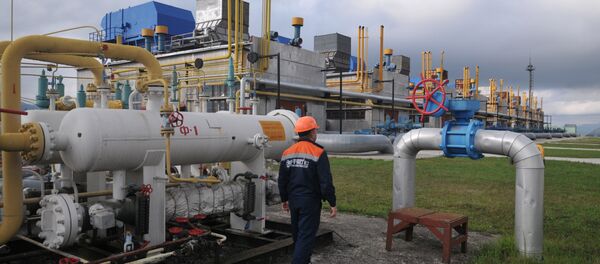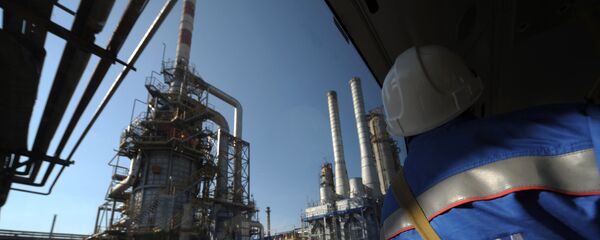However, the ruling was not overturned and last year the anti-monopoly committee filed a lawsuit to the Kiev economic court pertaining to the enforced recovery of the fine plus $3.2 billion in fines for delay in payment. As a result, a fine totaling nearly $6.4 billion was ruled by the court last December. Gazprom challenged the decision but its appeal was dismissed.
At the time, Mikhail Novitsky, head of the Anti-Monopoly Committee, said that Gazprom’s assets in Ukraine were not sufficient to settle the fine and Kiev was considering "other options to claim the fine."
Kiev also notified Gazprom about the seizure of its shares in the company Gaztranzit, registered in Kiev and affiliated with Gazprom. The Russian company holds a 40 percent share in Gaztranzit.
Roman Tkachuk, senior analyst at the investment company Alpari, suggested that the seizure of shares would have "moderately negative" consequences for Gazprom.
"Gazprom is a hostage of circumstance because the company does not hold any other assets in Ukraine. Thus, there will be no serious losses for Gapzrom in Ukraine. At the same time, the company should consider alternative options to supply gas to Europe, because Kiev may decide to seize transit gas or ask European countries to seize Gazprom’s assets," Tkachuk said in an interview with Radio Sputnik.
At the same time, Alexander Pasechnik, a senior analyst at the National Energy Fund think tank, pointed out that the arrest of Gaztranzit shares is not a big problem for Gazprom and its control over the shares can be restored in the future.
"This scenario is not realistic because for Europe there is no legal reason to do that. Maybe, they could do that if they wanted to show some political support for Kiev. Nevertheless, such claims should have an international legal basis," Pasechnik told Radio Sputnik.
In turn, Tkachuk noted that Gazprom should appeal to the European Commission to influence Kiev because in the current situation the consequences of the dispute are unpredictable.
"Last year, European Commissioner for Energy Union Maros Sefcovic reaffirmed that Kiev will not seize Gazprom’s assets in Ukraine. But as we can see, the actual situation is different. Now it is important to have the reaction from the European Commission. The standoff between Kiev and Gazprom has reached a new level, and its effects are hard to predict," Tkachuk concluded.
Never miss a story again — sign up to our Telegram channel and we'll keep you up to speed!




